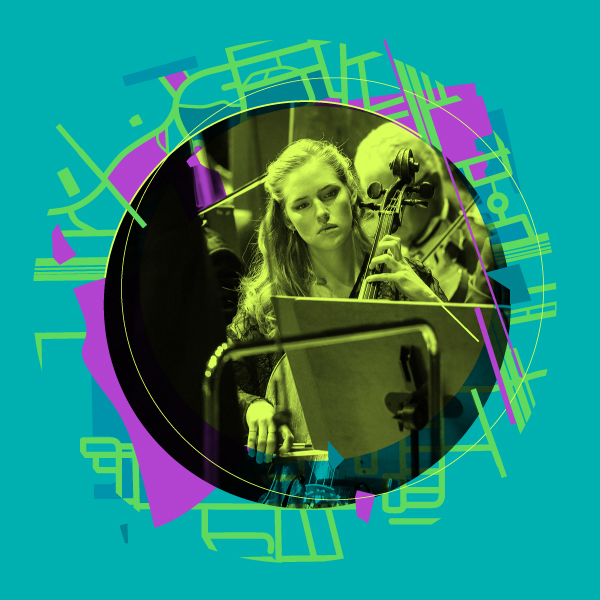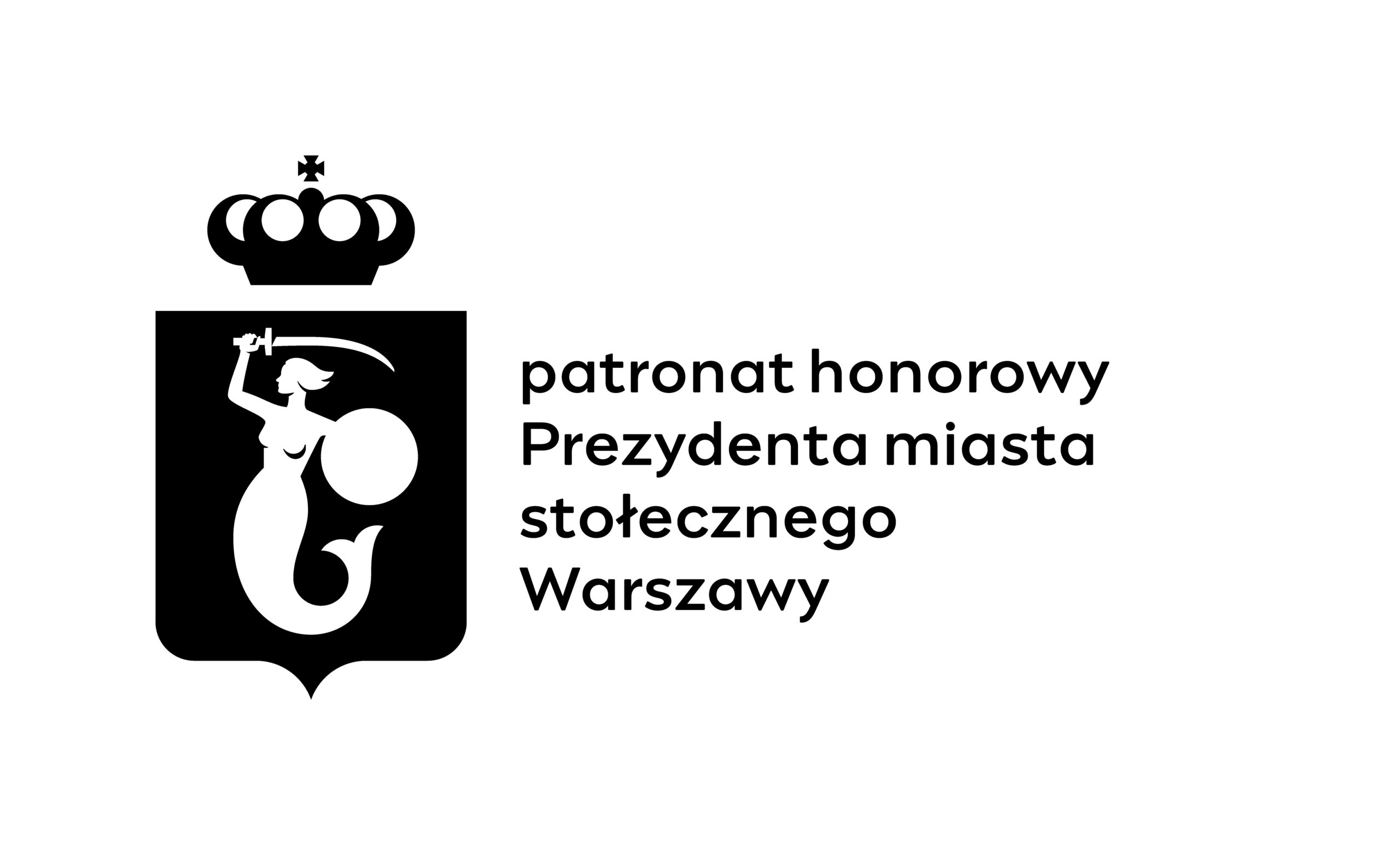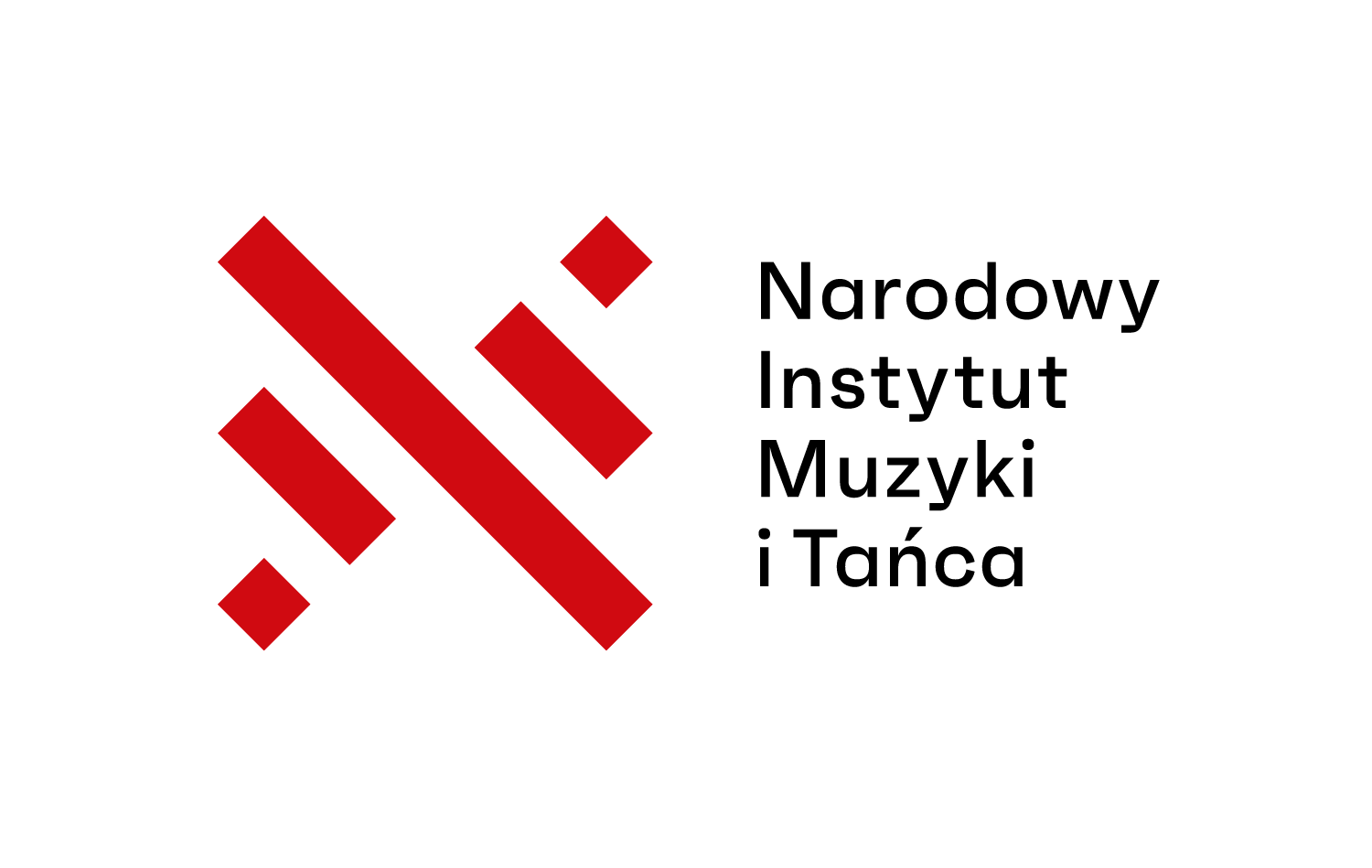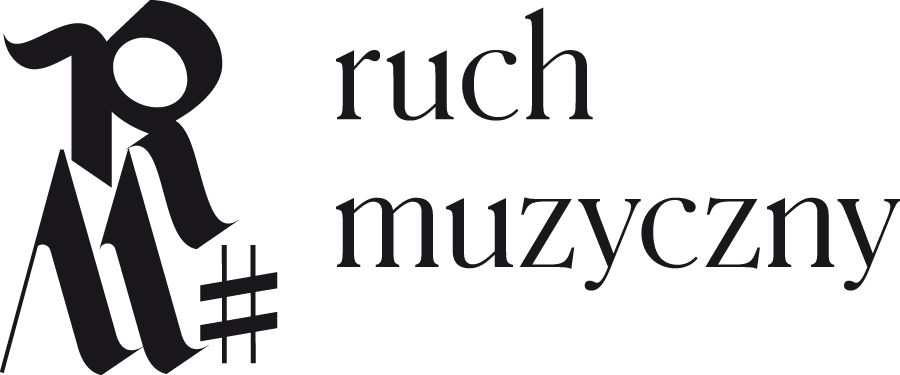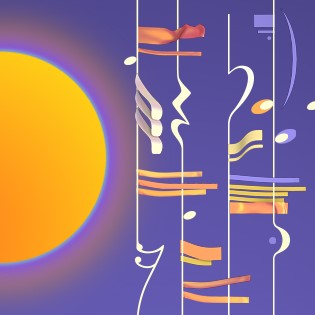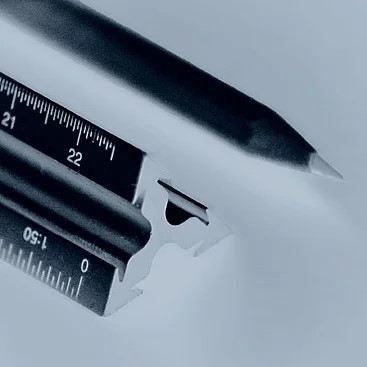A hallmark of human creativity is the tension between the pursuit of originality and the simultaneous reference to existing conventions – whether we are talking about the use of one’s own creations (self-reference) or the works of others (inspiration). The program of the concert, under the baton of British conductor, composer and arranger Christopher Austin, revolves exactly around this theme. The concert’s extremes are based on inspirations from the past. Ralph Vaughn Williams built his string fantasy on the theme of a hymn by Renaissance composer Thomas Tallis. Maurice Ravel, on the other hand, used the form of a Baroque dance suite to pay tribute to the master of the French harpsichord school of the late 17th and early 18th centuries. The centerpiece of this unusual program will be two solo cello concertos performed by Jakob Kullberg. Robert Schumann’s Concerto is one of the ironclad concert repertoire and, along with the composer’s other works, became a source of formal solutions for Danish composer Niels Rønsholdt. His Cello Concerto No. 2 Western will have its world premiere in Warsaw. The piece is externally reminiscent of Schumann’s work: it lasts about 25 minutes and has an almost identical orchestral cast. Interesting whether other Schumann inspirations will be found in the new work by the composer known for his originality. Or will there be entirely different associations?

